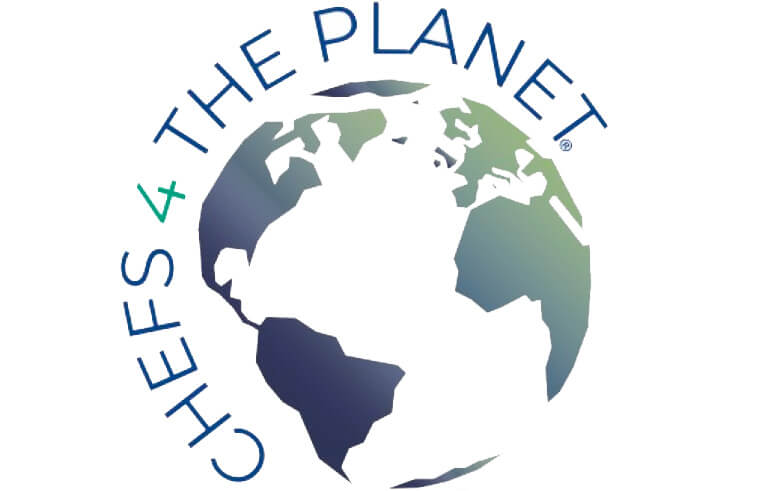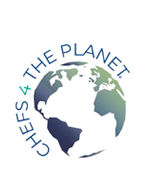Industrial agriculture is bad for workers and the environment. Farmers all over the world are creating fairer food systems that work with the Earth, not against it.
FutureProof is a collaboration between HuffPost and Unearthed, Greenpeace UK’s journalism unit
Earlier this year, Americans learned what it looks like when a food system reliant on industrial agriculture, near monopolies and exploited laborers breaks down.
Just two months into the pandemic, the meat industry in the most powerful nation in the world was buckling.
In March and April, COVID-19 swept through meatpacking plants, infecting thousands of workers. In Colorado, an outbreak at a huge JBS beef processing facility killed six workers. In South Dakota, as cases surged in a Smithfield pork plant, officials offered bonuses to employees who kept coming to work (although the company said any worker missing work due to COVID-19 exposure or diagnosis would still get the money). By November, more than 11,000 Tyson Foods workers had been diagnosed with COVID-19 ― 9% of its total workforce.
“It was like drinking out of a fire hose,” said reporter Leah Douglas, who began tracking COVID-19 outbreaks across the food system in April. “The pace of the spread was so intense.”
On April 22, Douglas published the first version of a map with approximately 40 outbreaks. Now, the map blooms with orange, blue and pink bubbles, a visualization of the more than 73,600 COVID-19 cases and 336 deaths among food sector workers. Meatpacking workers have accounted for more than 49,000 of those cases.
The sheer size of today’s meatpacking facilities makes them “perfect incubators for the spread of a virus like this,” said Douglas. In an industry intent on efficiency, workers stand shoulder to shoulder for hours in wet and unventilated areas. They share bathrooms, cafeterias, and sometimes housing and transportation.
It didn’t take long for the U.S. meat industry to reach a breaking point. Cases surged, plants closed, and suddenly the U.S. was facing shortages. By May, 1 in 5 Wendy’s fast-food restaurants was completely out of beef.
“That even one facility with 3,000 workers shutting down for a week could have a demonstrable effect on the national food supply,” said Douglas, “That was startling to a lot of people.”
The impact of COVID-19 on America’s food system is a wake-up call. A near-direct result of humanity’s destruction of nature — most notably increased levels of deforestation, pollution and habitat ruination — the pandemic can be seen as a warmup, not just for future disease outbreaks, but for the intensifying climate crisis that threatens the systems we rely on to survive.
For all the consumer-facing, shrink-wrapped elegance of the modern food system, the pandemic has exposed its fragility.
Alongside the public health crisis, poverty and food insecurity have skyrocketed this year. As of July, 29 million Americans said they “sometimes or often” did not have enough to eat.
At the same time, Americans were confronted with images and stories of farmers forced to dump milk, destroy crops, and euthanize their livestock as processing facilities and restaurants shut down.


